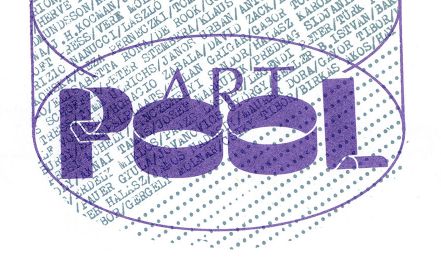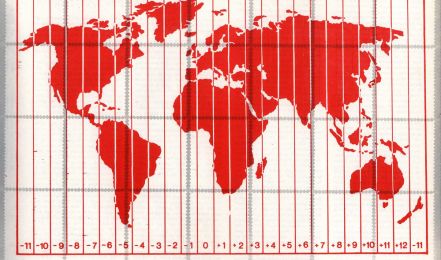‘call’
What Will Be Already Exists: Temporalities of Cold War Archives in East-Central Europe and Beyond
… independent scientific publishers. How do artist archives survive and stay authentic in radically changed contexts? The volume addresses the challenge of continuity, sustainability, and institutionalization of archives established by Eastern European artists. At its center stands the 40th anniversary of the Artpool Art Research Center founded in 1979 in Budapest as an underground institution based on György Galántai's »Active Archive« concept. Ten internationally renowned scholars …
TÓTalJOY Prize
… contemporary artists whose practice is research-oriented. Entries to the annually announced open call are expected from contemporary artists who are prepared to present project proposals based in art research, with a view to implementation. In the judging process, preference is given to submissions that respond to changing cultural contexts and contemporary dilemmas. In response to the first call, announced in July 2021, twenty-seven project proposals were submitted. The decision-making …
Educational Events
… and results of its art-historical research accessible to the wider public, and therefore periodically prepares a new series of events. KEMKI Methodology Workshop These workshops are offered to students of art history and art theory, with the aim of familiarising young professionals with the methodology of art history- and art theory-related research. Participants are also invited to explore the practical challenges involved in research-based work, through creating imaginary …
Artpool40 – Active Archives and Art Networks
… György Galántai puts it, an active archive “generates the very material to be archived” through calls for participation, cooperation, exchange, and building of non-hierarchical networks, as well as through combining art historical and artistic methodologies of research. An active archive is future-oriented and employs a dynamic approach to history “as an open artwork and as an activist artistic practice”. The main activity of Artpool to this day is conducting non-medium specific research …
Networking the Peripheries / World Art Post: International Artist Stamp Exhibition
… of the "active archive" concept, the Artpool collection, as well as its network, was systematically and strategically enriched through projects and “Art Tours” in Western Europe. This decentralized network not only facilitated communication with the art scene in capitalist countries, which was coveted due to limited travel opportunities, but also allowed for self-organized contacts with artists from the Third World, independent of official diplomacy. Artpool’s World Art Post …




